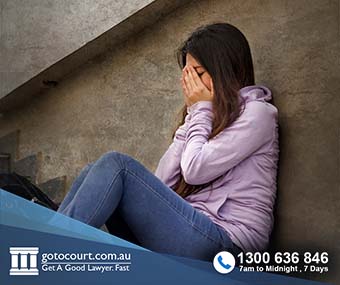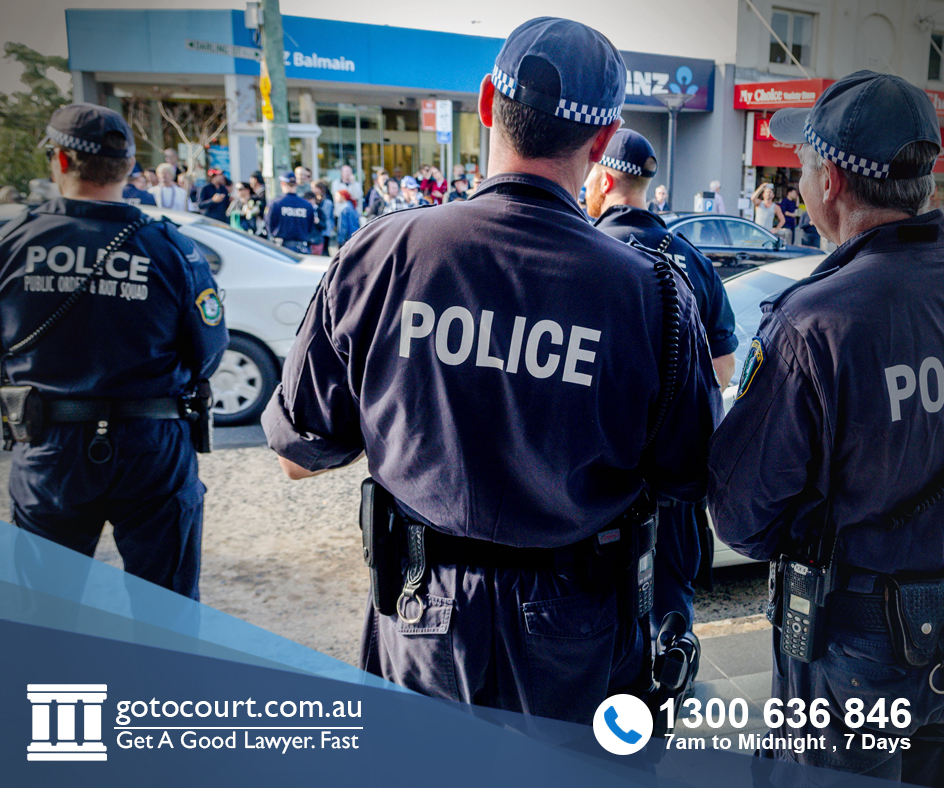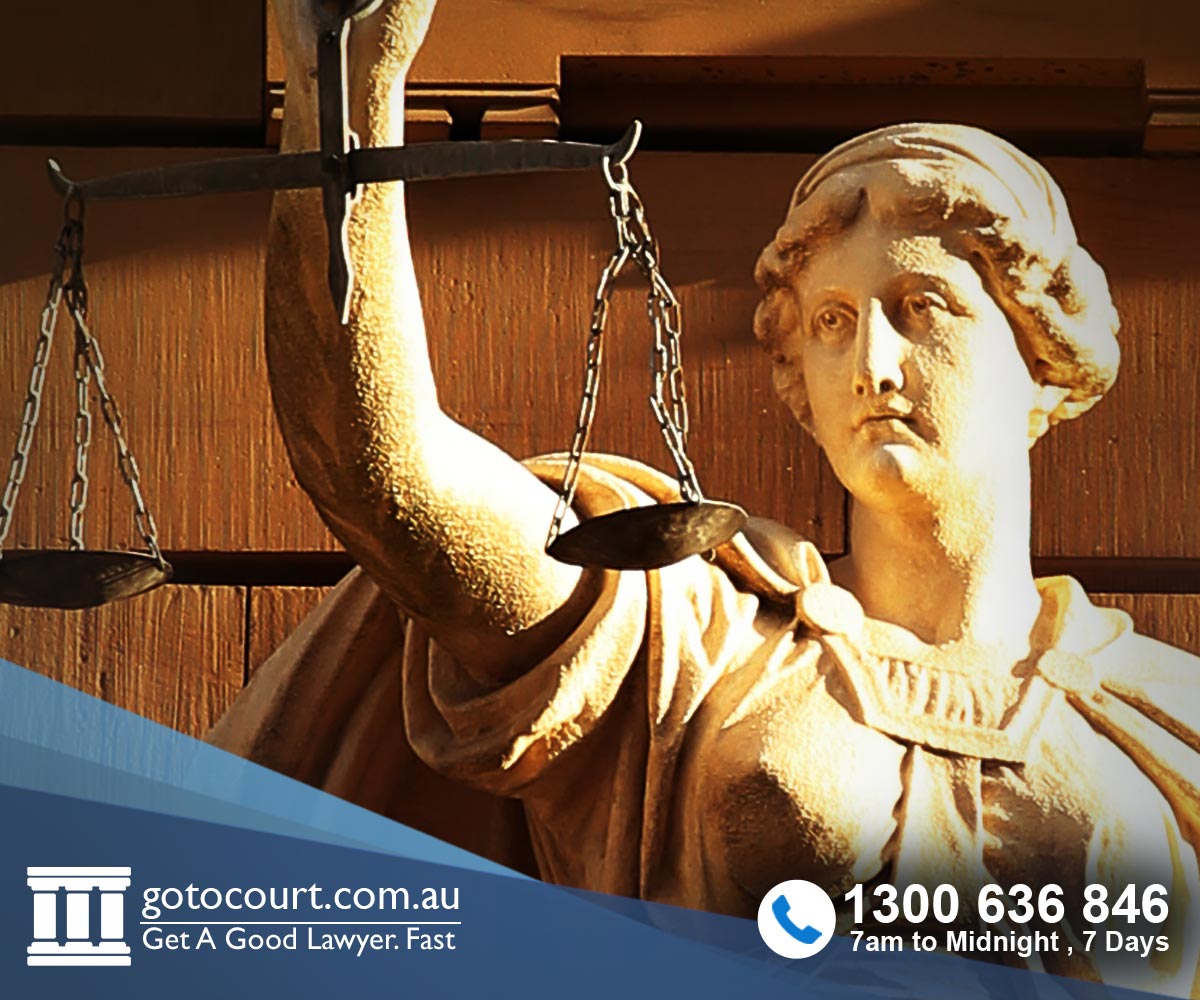Criminal Law Western Australia
Criminal Lawyers Western Australia
Criminal Law in Western Australia encompasses any matter in which the police have laid criminal charges against you, or in which they are investigating you in relation to a crime. The type of criminal matter, and the seriousness of the offence, will determine which court your matter is likely to be heard in. In the WA criminal law system, the Magistrates Court deals with adults over 18, and hears mainly “simple offences”. More serious offences are known as “indictable offences”. An indictable offence, if considered as an “either way” offence can also be heard in the Magistrates Court, otherwise they are dealt with in the District Court.
A criminal matter will only be heard in the Supreme Court if the likely penalty will be life imprisonment. There are many divisions within the Magistrates Court that deal with different types of offences; the main two are drugs and family violence matters. These types of offences are treated differently to normal criminal matters by offering greater flexibility with procedures and sentencing. The Children’s Court will hear all matters relating to offenders who are aged 10 to 17.
Criminal Law WA Legislation
Criminal Law in WA is primarily governed by Criminal Procedure Act 2004, the Bail Act 1982, and the Sentencing Act 2004. If you are pleading not guilty, and your matter is set down for trial then the Evidence Act 1906 and the Juries Act 1957 may also apply. Each court also has their own Act which determines the type of matter they can hear, and outlines the particular procedures relating to that Court.
What Happens If You Are Charged?
If you have been charged with a criminal offence you will receive notification as to if, and when, you have to appear at court. The paperwork you will receive can either be a court hearing notice, a summons, a police bail form, or a court bail form. If bail was refused then you will remain in custody until your court date. A court hearing notice, is issued for less serious charges, and may give you the option not to attend. You will need to elect if you are pleading guilty, or not guilty. If you plead guilty then the matter will be heard in your absence, and you will be notified in writing of the penalty. If you plead not guilty the court will inform you of the trial date. A summons is issued for more serious offences, and will require you to attend court. If you fail to attend, the court may either adjourn the matter, or more likely a warrant may be issued for your arrest.
Pleas and Spent Convictions
Ideally, when going to Court you should be seeking to either successfully defend the charge and be found not guilty, or if this is not possible, to obtain a spent conviction. The possibility of a spent conviction will depend on the type of offence, and your overall criminal history. A spent conviction is governed by the Spent Convictions Act 1988, and means that you may not have to disclose the information about the conviction in certain situations. It also means that you cannot be discriminated against for having a spent conviction on your record, such as by an employer. There are exceptions relating to when you need to disclose a spent conviction, such as jobs relating to working with children, in a financial institution or with the police; or if you are applying for a firearm.
Application To Set Aside A Decision
An application to set aside a court decision can be made if you were convicted of an offence in your absence. You will have to complete an Application to Set Aside a Decision form, and supporting Affidavit. You must include the reasons why you were not present at Court. While there is no time limit, to get the best outcome you should make the application as soon as you are made aware that the proceedings took place.
Criminal Appeals
If you have been convicted of an offence but feel the sentencing is too severe, or the request for a spent conviction was refused, you may want to consider a criminal appeal. All criminal appeals in WA are reviewed by the Supreme Court. To be successful at an appeal you will need to show that the court made an error of law or fact, or imposed a sentence that was excessive. To appeal against a Magistrate Court decision there is a time limit of 28 days. To appeal against a District or Supreme Court judgment the time limit is only 21 days.
Recommended Resources
Western Australia Criminal Law Resources
Applying for Bail in Children's Court
Applying for Bail in WA Supreme Court
Search Warrants in Western Australia






























